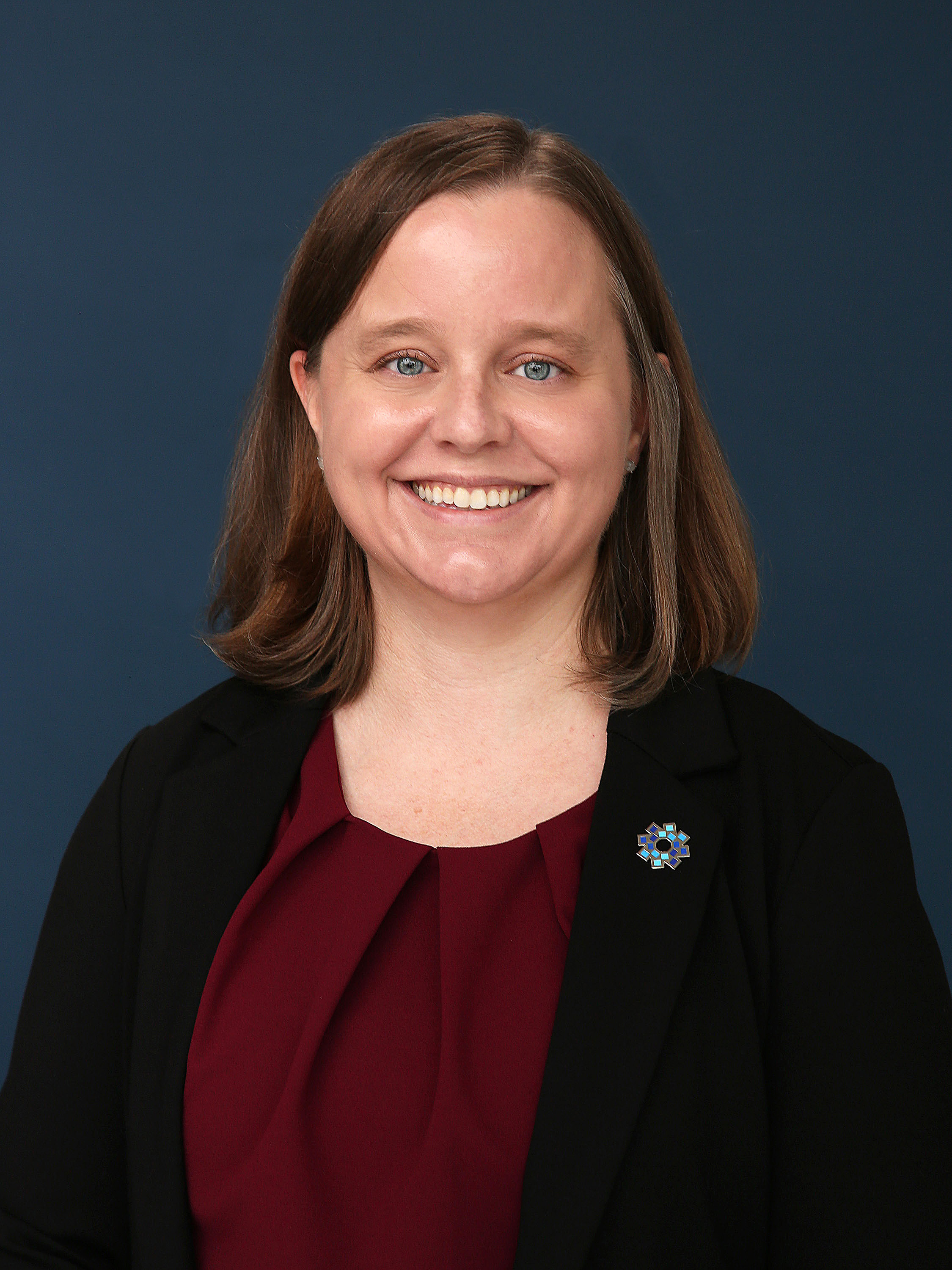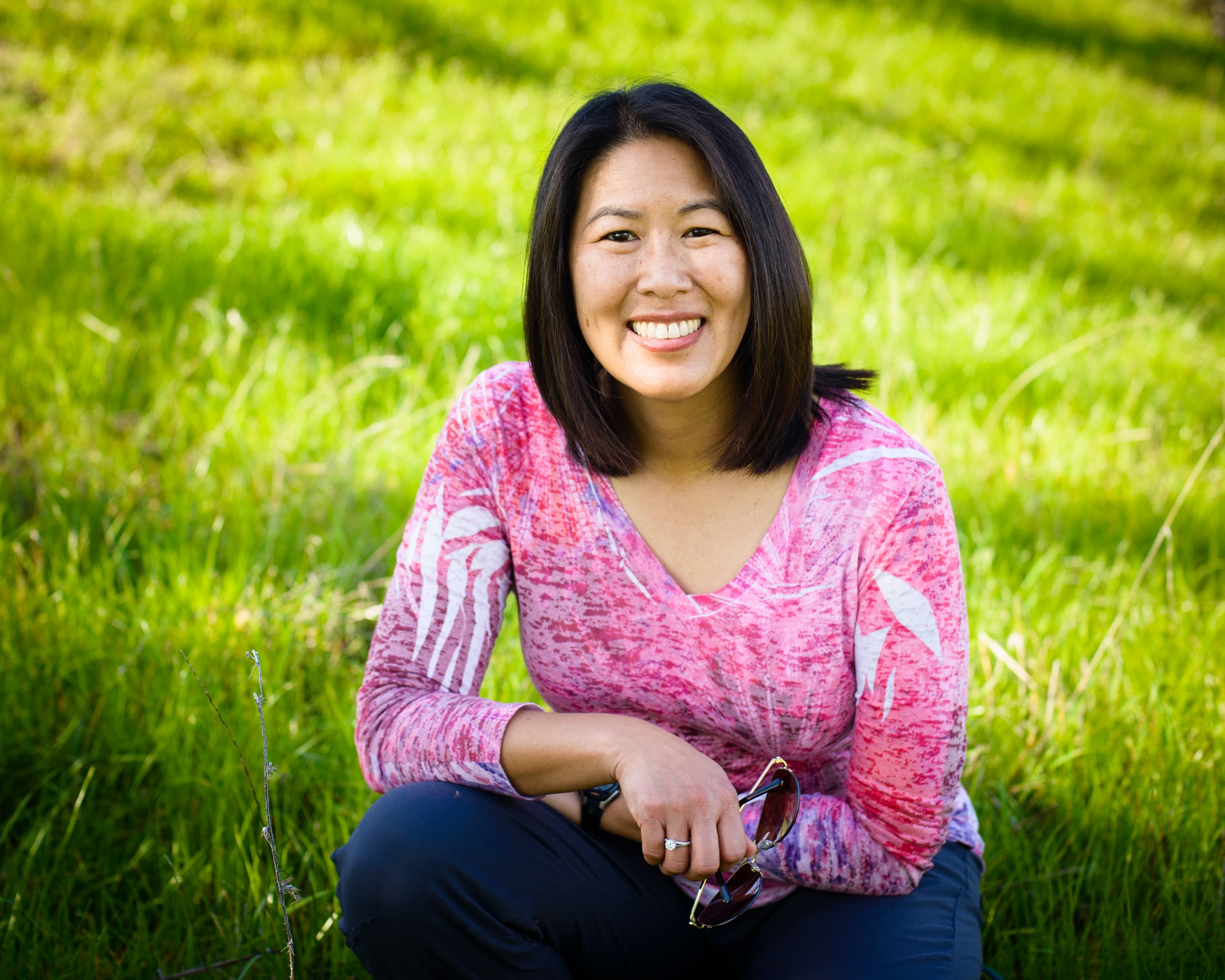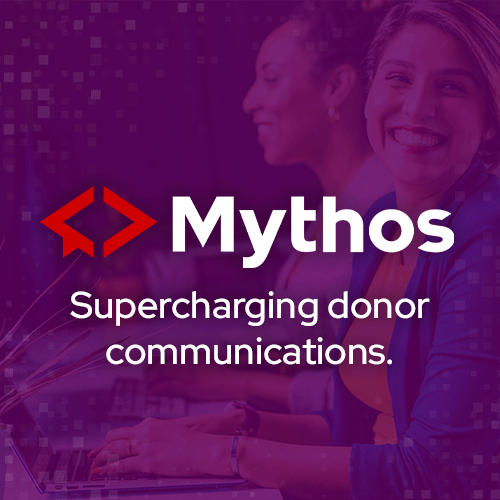Sara Moïse
Tulane University
Senior Director of Donor Relations
One of the most prevalent struggles I hear across education-based donor relations professionals is getting scholarship recipients to submit content for stewardship reports. I also spend a lot of my time thinking about JEDI. (Yes, my husband is a mega Star Wars nerd, but I mean Justice, Equity, Diversity, and Inclusion.) These two topics cross lightsabers in my mind with high frequency… and I think there’s A New Hope for the future.
As we work toward equity and inclusivity, I find myself examining the power dynamic between scholarship donors and recipients, who should express gratitude to donors, and what best serves our donors and students (i.e., our future donors!) in the long term.
At my institution, we don’t require gratitude from scholarship recipients. We strongly encourage it—with repeated, months-long reminders that are laborious and ineffective. Even in-person events often fail to generate content as the Jedis-in-training are focused more on free food and swag.
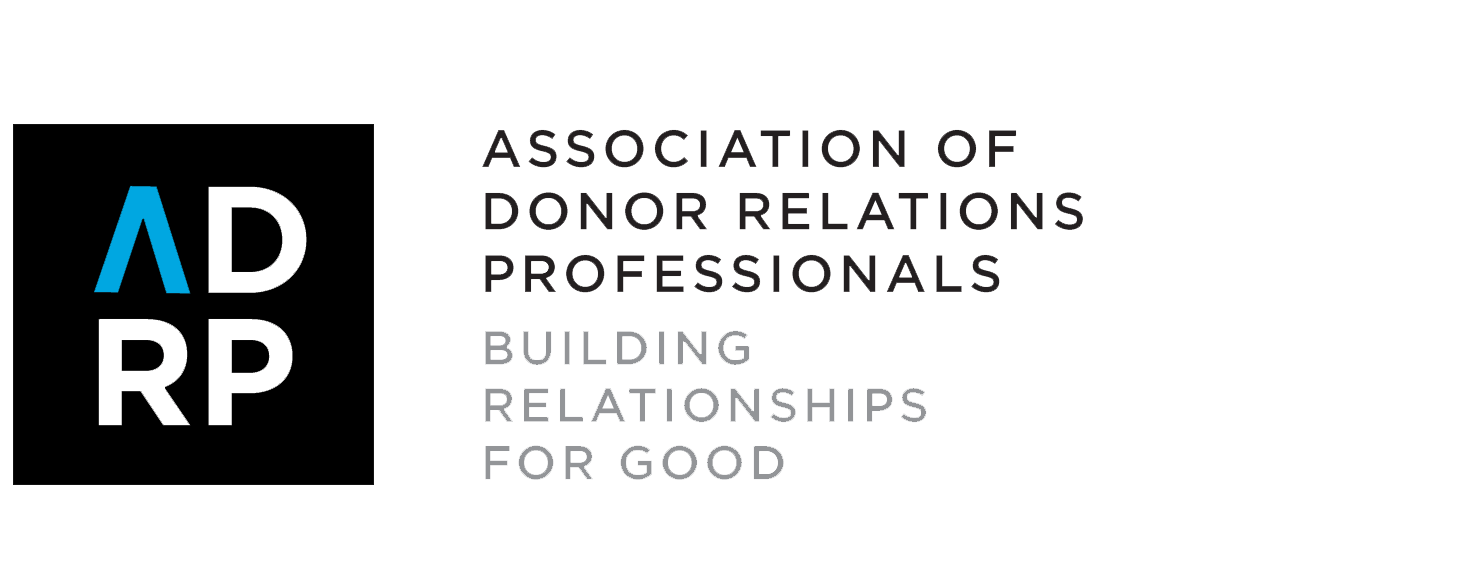
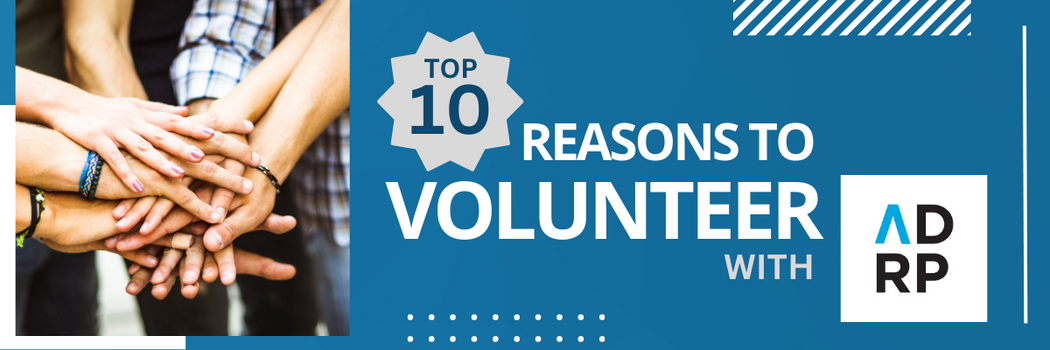

 Cheryl Smith Lintner
Cheryl Smith Lintner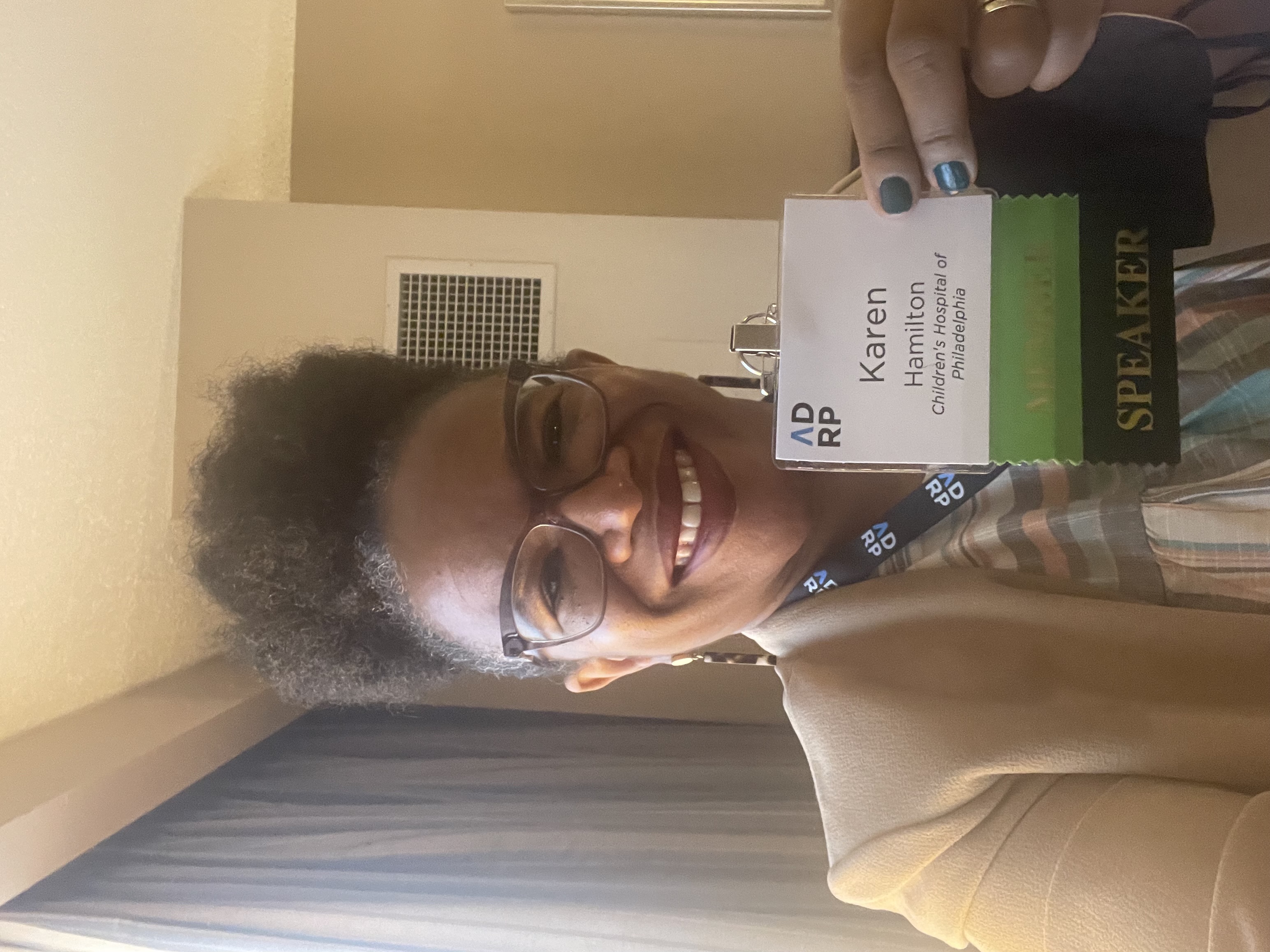 Karen J. Hamilton
Karen J. Hamilton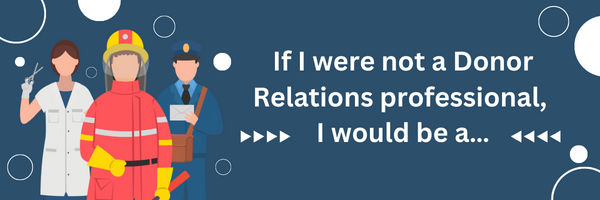
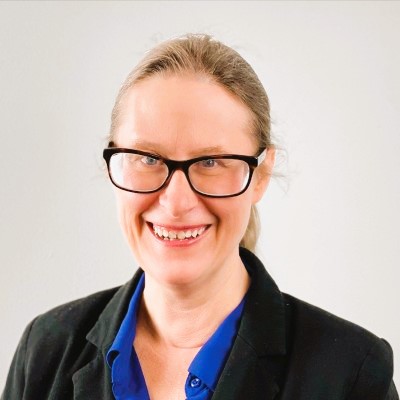
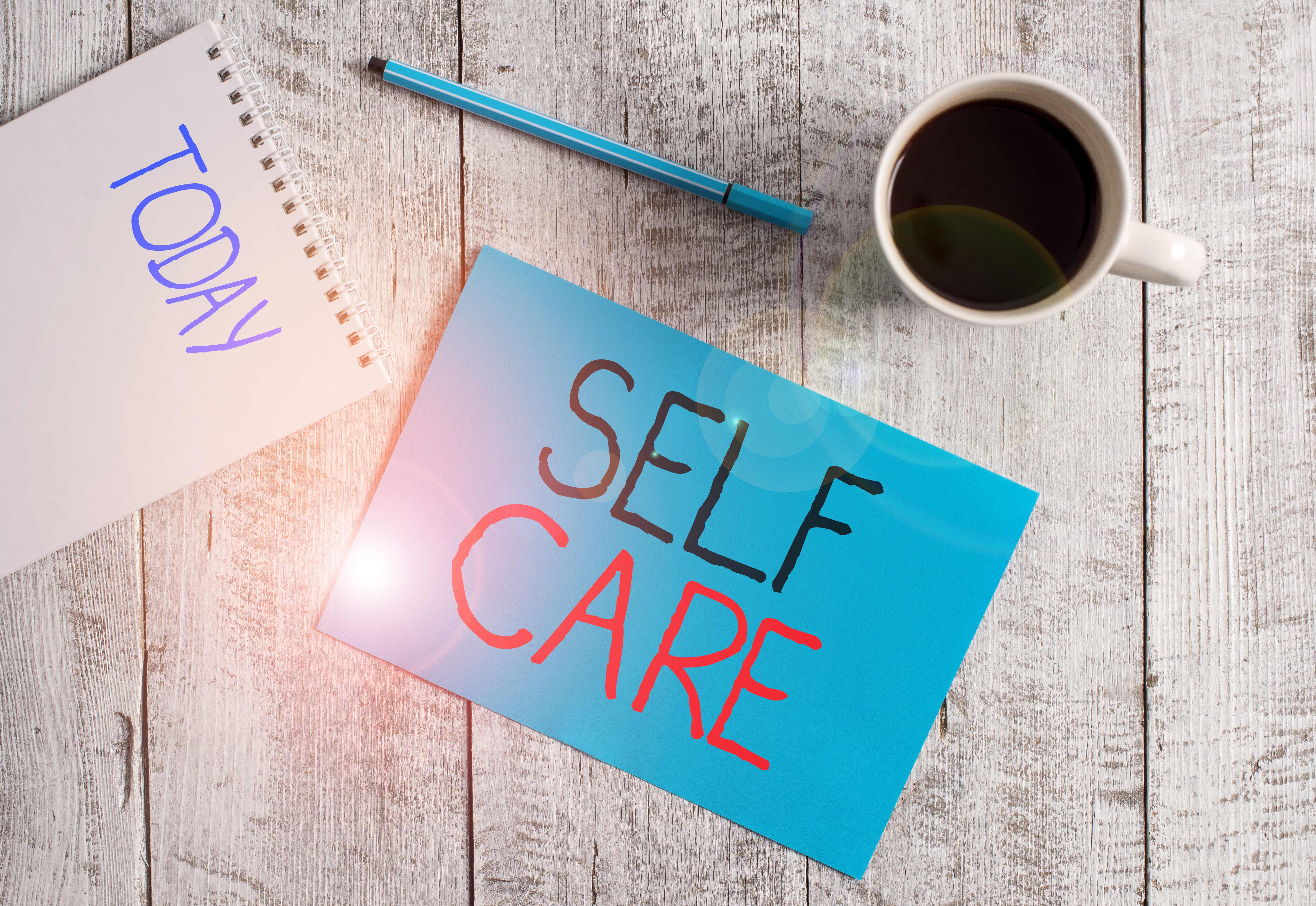
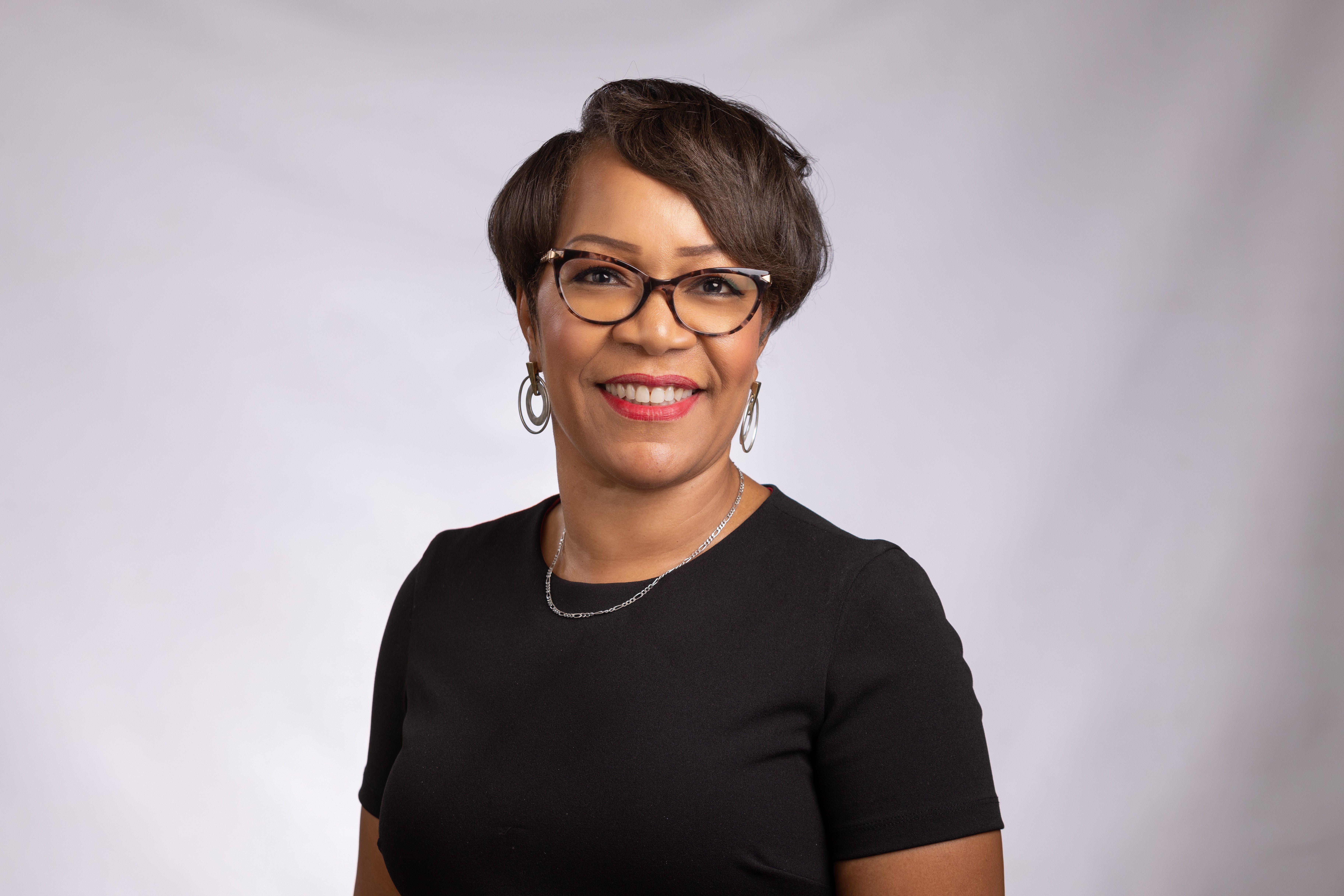 Sonja Dotson
Sonja Dotson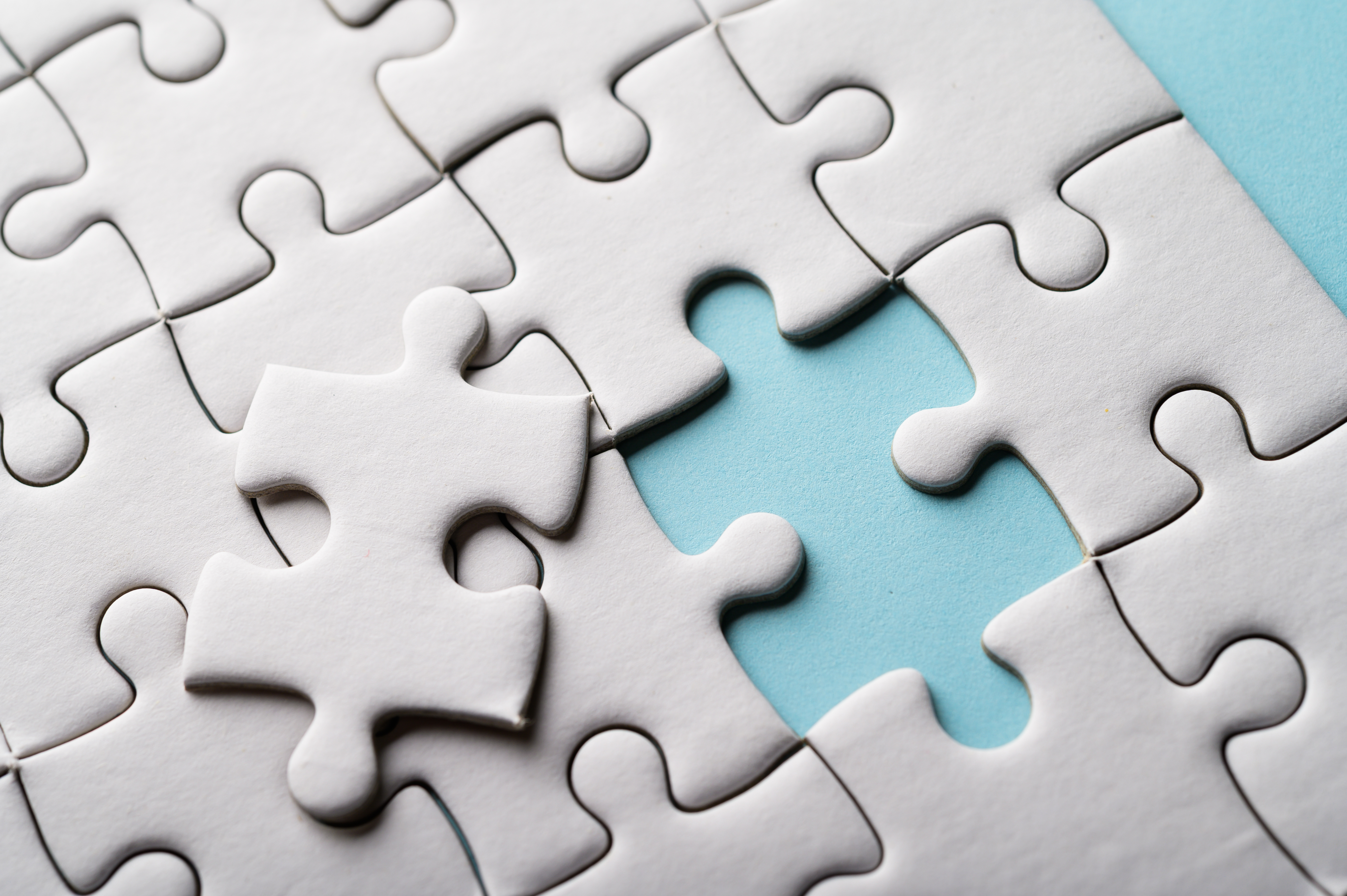
 Marcelle Austin, Editor
Marcelle Austin, Editor